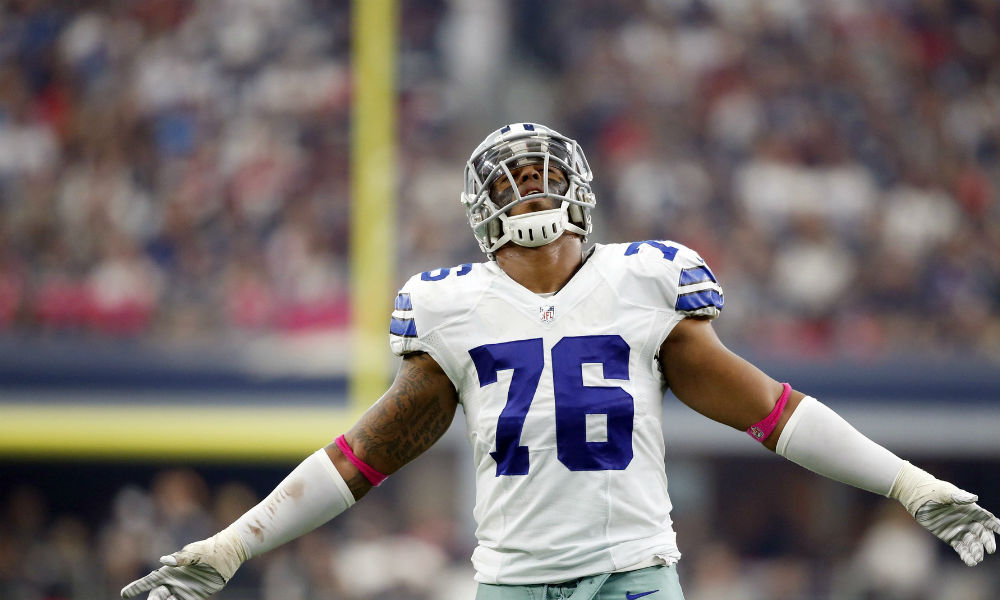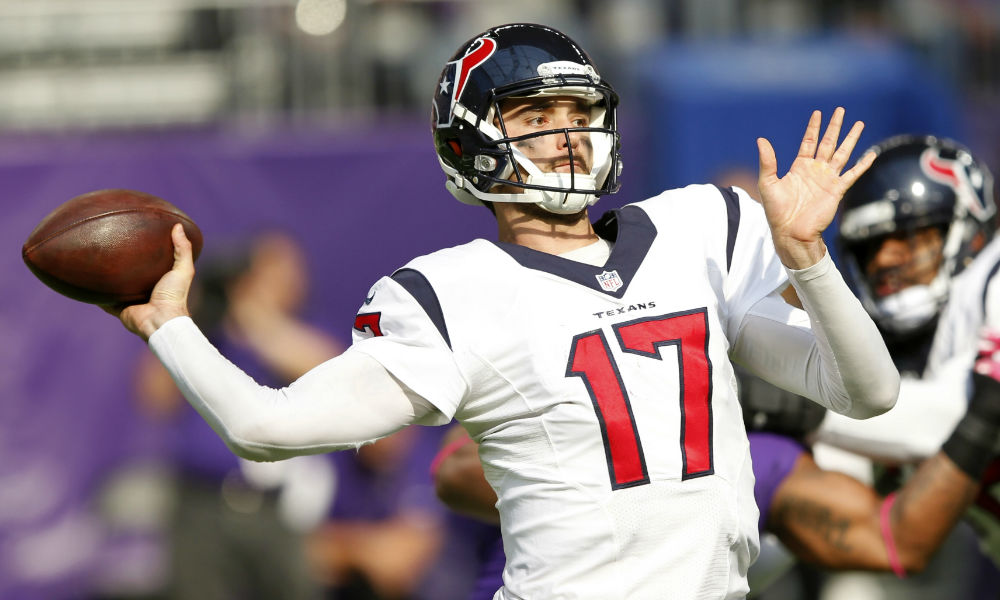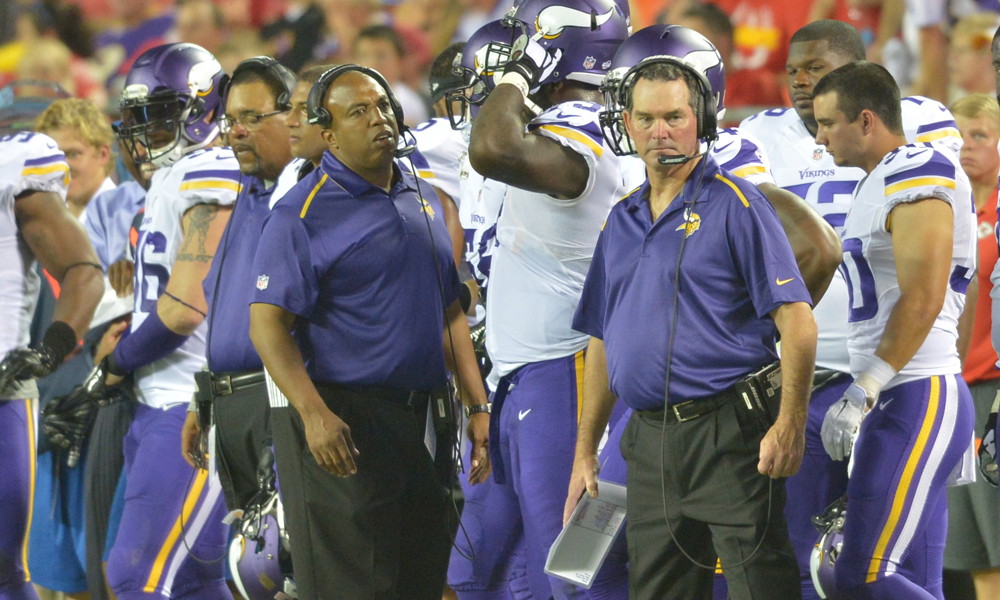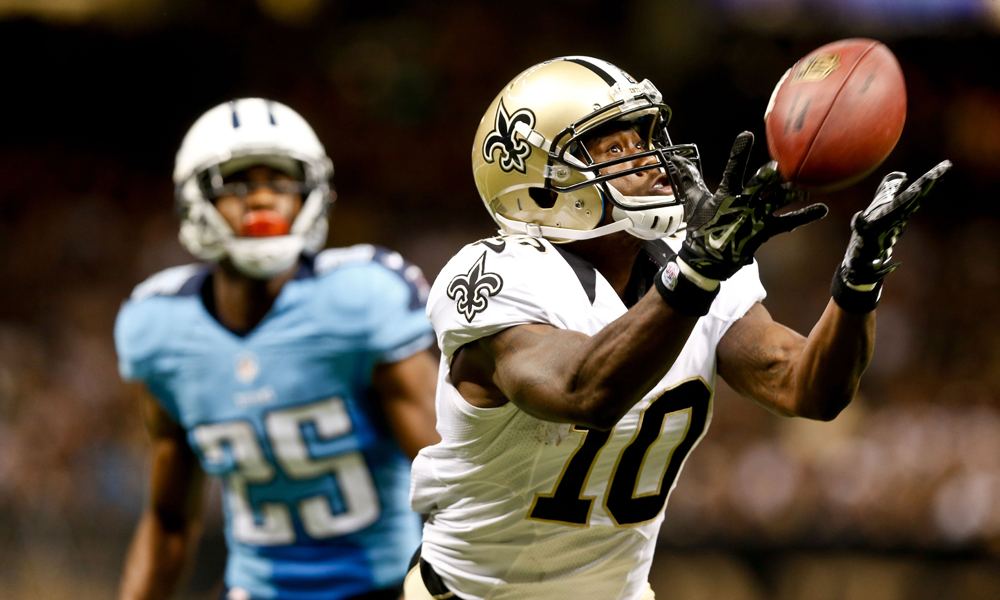News
Just Sayin’: Reaction to Brady ruling
The Sports Xchange
The NFL upheld Tom Brady’s four-game suspension on Tuesday for his role in “Deflategate” during last season’s AFC Championship Game against the Indianapolis Colts. The NFL cited in his decision that Brady destroyed his cell phone before a meeting with independent investigator Ted Wells in March.
The Sports Xchange looks at what people around the NFL are Just Sayin’:
Nancy Armour, USA Today
The initial crime was silly, the NFL’s equivalent of a frat-house prank. What Tom Brady did afterward was worse, much worse, and for that he deserves every second of his four-game penalty.
NFL Commissioner Roger Goodell dropped a nice little bombshell in his decision to uphold the reigning Super Bowl MVP’s suspension: Brady had his cell phone destroyed on March 5 or 6, just as the folks investigating allegations he and the New England Patriots had tampered with footballs were asking for it.
Records of an inordinate and unusual amount of phone calls and text messages with equipment assistant John Jastremski in the days after Deflategate broke were now conveniently gone.
Brady tried to claim it was “normal practice” for him to have his old cell phone destroyed after he got a new one, which is almost as convenient as the bozos he entrusted to do his dirty work claiming they were talking about working out when they used the term “deflator.” Especially when a little further digging turned up another of Brady’s old cell phones.
If Brady was innocent, if he’d had no role whatsoever in the deflation of footballs in the AFC Championship game, he doesn’t destroy that cell phone. As everyone from Richard Nixon to Bill Clinton can tell you, it’s not the crime that kills you. It’s the cover-up.
Mike Florio, ProFootballTalk.com
In his effort to make a bad situation better, Patriots quarterback Tom Brady had somehow made it worse.
The 20-page, single-spaced ruling from commissioner Roger Goodell explains that, in materials submitted by Brady only days before the June 23 hearing, Brady admitted that he destroyed the cell phone that would have contained text messages sent and received during the time period most relevant to the #DeflateGate controversy.
Although characterized as Brady’s habit when purchasing a new cell phone, Goodell’s ruling explains that Brady knew that Ted Wells and company wanted to examine the phone that was coincidentally destroyed and replaced on March 6, the same day that Brady met with Wells. Brady, per Goodell, never suggested that the cell phone had been (or would be) destroyed during that meeting.
It’s a very bad look for Brady, and it’s a highly questionable tactic to affirmatively admit that the phone was destroyed in materials submitted to Goodell in connection with the appeal. As a result, Brady’s receipt of bad advice or his deliberate decision to ignore good advice has now extended from the decision not to accept the invitation to allow lawyer/agent Don Yee to personally review the text messages from the phone to the decision to admit that the cell phone was destroyed.
The decision to destroy the phone under those circumstances confirms the stereotypical “I do what I want” attitude that a multi-million-dollar quarterback with a supermodel wife and a house with a moat would be expected to project. The decision to admit the destruction of the phone in paperwork aimed at contesting the suspension suggests that Brady was represented by the law firm of Moe, Larry, and Shemp.
Will Brinson, CBSSports.com
According to the NFL, Tom Brady told the league and Roger Goodell he ordered his cellphone “be destroyed,” and that destruction of evidence is the primary basis for Goodell declining to reduce or reverse Brady’s four-game suspension.
He’s also going with the old “I set my homework on fire on the way to class” excuse, which never plays well with anyone.
This is a bad look for Brady, primarily because it looks like, based on the way the NFL is releasing this information, that he’s tampering with evidence and obstructing justice. Neither of those things really apply in a non court of law, per se, but it’s a bad look nonetheless.
We went from a situation where the league was dragging its feet and allowing Brady to become somewhat of a sympathetic figure in the public eye. Now? No one’s going to feel sorry for Brady.
If there’s anything we’ve learned about sports figures and they way they handle their business publicly, it’s that apologizing, taking your lumps and moving on are the only way for the public to forgive and forget. (See: Andy Pettitte vs. Roger Clemens.)
Getting caught covering up for a crime is usually worse than the crime itself in these cases and whether or not Brady actually got caught here is irrelevant. It looks like he got caught, or at least looks like he was covering something up.
Mike Reiss, ESPN.com
In rejecting New England Patriots quarterback Tom Brady’s appeal and keeping it at four games, commissioner Roger Goodell has held a hard line and introduced new evidence — that Brady’s appeal revealed that he willfully obstructed the league’s investigation by destroying his cell phone on or around the same day he was scheduled to meet with investigators.
Brady, per the NFL’s ruling, explained that it is his routine to destroy his cell phone and any SIM cards whenever he gets a new phone.
The NFL isn’t buying that explanation, which on the surface doesn’t look good for Brady.
The new information, coupled with Goodell’s decision, is a surprise to me on two levels.
First, the thinking has been that the suspension was handed down with the idea that it would be trimmed on appeal, likely to two games; the NFL would prefer to over-punish and then correct as opposed to going too light initially.
Second, the four-game suspension aligns with that of Cowboys defensive end Greg Hardy, which was finalized July 10.
So Brady gets four games in 2015 for underinflated footballs and lack of cooperation, and Hardy gets four games in 2015 for multiple violations of the league’s personal conduct policy during an incident with a former girlfriend that is troubling, to say the least.
Those aren’t a match, and it highlights some of the eye-opening inconsistencies in how the NFL governs player discipline.
Jeremy Fowler, ESPN.com
The Pats-Steelers matchup in Week 1 won’t be the same.
The Steelers will get over it.
Playing a highly motivated Tom Brady in Week 1 wouldn’t have been good for Pittsburgh. Brady would have released his NFL-directed anger on a retooled Steelers defense.
The Steelers were never going to see Brady in Week 1, anyway. The likelihood of the NFL absolving Brady by dropping his four-game suspension completely was always low. Yes, the NFL’s ruling Tuesday to uphold the suspension accentuates the broader point that this Week 1 matchup will lack sizzle. NFL fans wanted to
see Brady and a peaking Ben Roethlisberger get after it on national TV. Heck, Roethlisberger wanted that.
Adam Kilgore, The Washington Post
The NFL’s disciplinary system is so badly broken it may as well not exist. It is grounded in empty posturing. The initial rulings it produces are a weigh station at best, a misuse of power at worst and a waste of time no matter what. By trying to act tough, the league turns scoundrels and cheaters into victims of a Byzantine appeals process that often ends up outside the jurisdiction of the league. It serves no one except lawyers. It makes a mockery of whatever authority the league legitimately has.
Commissioner Roger Goodell announced Tuesday that — surprise! — he had upheld the league’s four-game suspension of New England Patriots quarterback Tom Brady. And so the DeflateGate controversy will plod forward, this time to a federal court, assuming Brady follows up on his plan to sue the league in the event he received any suspension at all. The mess started in January. It’s now mid-July. The NFL has spent millions in legal and investigative fees. Unless dragging one of your most marketable, successful players through the mud counts as progress, nothing has been achieved.
By inserting himself into every phase of the process, Goodell eliminated any feasible outcome that would reflect well on the league. He commissioned the (allegedly independent) investigation. His hand-picked executive vice president, Troy Vincent, issued Brady’s punishment. He heard Brady’s appeal. Each step lacked consistency and dripped with conflict: The Wells Report included questionable science, the punishment was handed down without precedent and the appeal was ruled on by an obviously biased arbiter.
This isn’t about Brady’s innocence or guilt. It is about the creation and application of due process. The stupefying thing about the NFL’s treatment of Brady’s case is that it fit into a bewildering pattern. In the past year, judges overturned or reduced the NFL-issued suspensions of Ray Rice and Adrian Peterson. Last week, Harold Henderson, an arbiter hand-picked by the league, reduced Greg Hardy’s suspension from 10 games to four.
The perpetrators of reprehensible acts became, in the eyes of judges, the targets of mistreatment. It’s because the NFL continues to issue punishments that make no sense or adhere to no previous standard. They are guessing. The NFL should have been far better equipped to handle Brady’s case. Unlike the three prior cases, it pertained only to the playing field and the rules of the game. Incredibly, the league made all the same mistakes, all the same misreads, all the same clumsy wielding of its power.
News
Buccaneers admit mistake, boot Aguayo
Source: Mike Florio of ProFootballTalk
Powered by WPeMatico
News
Did Bucs put too much pressure on Aguayo?
Source: Mike Florio of ProFootballTalk
Powered by WPeMatico
News
Broncos holding their breath on Derek Wolfe
Source: Mike Florio of ProFootballTalk
Powered by WPeMatico





